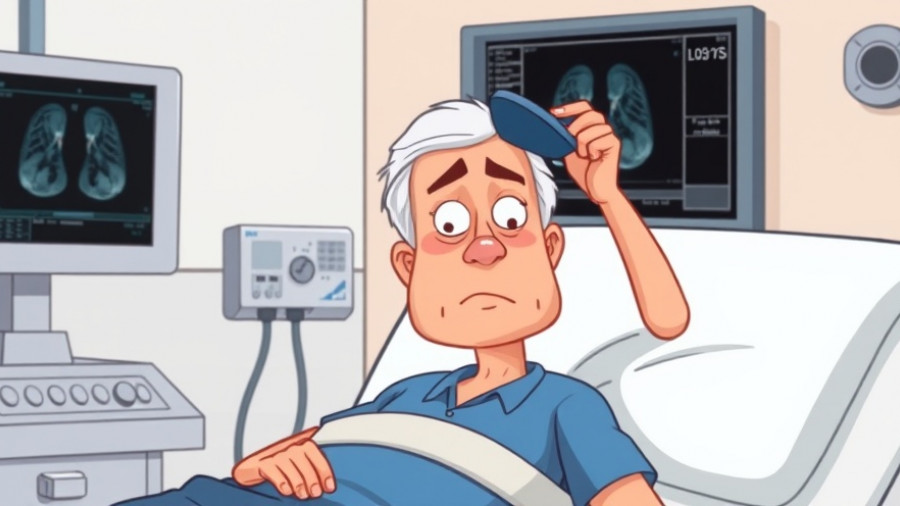
Understanding the Emotional Impact of Addiction on Families
Addiction is not just an individual struggle; it creates waves of hardship that ripple through families and friends. When a loved one battles substance use disorder, it can shift the dynamics within the family unit. Communication often breaks down, trust can be shattered, and relationships may become strained. Parents, siblings, and even close friends can feel helpless and uncertain of how to support their loved one.
If you’re in this situation, it’s important to know that recovery is possible. By educating yourself and actively participating in the recovery process, you can help foster a healthier environment for your loved one and yourself.
How Family Members Can Make a Difference
The role of family in addiction recovery is crucial and multifaceted. Family members can be instrumental in encouraging their loved ones to seek help and stay committed to recovery. Here’s how families can make an impactful difference:
- Learn About Addiction: Understanding addiction is foundational. Many families don’t realize how complex substance use disorders can be. By educating themselves about the symptoms, triggers, and treatment options, families can offer empathetic support instead of judgment.
- Communicate Openly: Encourage an environment where open dialogue is welcomed. Ask your loved one how they feel about their addiction and recovery journey. Adjust your approach based on their feedback, and importantly, listen without preconceived notions.
- Set Healthy Boundaries: Support doesn’t mean sacrificing your well-being. Establish boundaries that foster accountability while showing you care. This can help create a secure environment for your loved one to be honest about their struggles.
- Promote Empowerment: Celebrate small victories with your loved one. Recognizing progress can motivate them to stay on track. Remind them that they are in control of their recovery journey, and you are there to provide support.
The Role of Friends in Healing
Friends can also play an invaluable role in addiction recovery. They can help fill the emotional gaps that family members may not always be able to address. Here’s what friends can do:
- Be a Listening Ear: Sometimes, all a person in recovery needs is someone to hear them out. Offering a safe space to share feelings can build trust and foster healing.
- Encourage Healthy Activities: Invite your friend to engage in activities that do not involve substance use. Whether it’s playing sports, hiking, or volunteering, creating positive experiences can strengthen friendships and provide joy.
- Assist in Finding Help: If your friend is open to it, helping them find a treatment program or support group can illustrate your genuine concern for their well-being.
Positive Changes Beyond Recovery
Reconnecting with family and friends during the recovery process can lead to transformative changes that extend beyond the addiction itself. As loved ones engage in their recovery, they often learn valuable life skills like conflict resolution, emotional regulation, and effective communication. Families can grow closer and heal together, reinforcing bonds that might have been strained during the addiction.
The Path Towards Lasting Sobriety
It’s essential to recognize that recovery is not simply a momentary achievement; it’s an ongoing journey that requires continuous effort from both the individual and their support system. Families and friends should remain involved, participate in family therapy if possible, and consistently communicate their love and support.
Seeing a loved one embark on a path toward recovery can be incredibly fulfilling, but it can also be challenging. It's a process filled with ups and downs. However, with your presence, understanding, and dedication, you can make an impactful difference in their life.
Building Bridges to Recovery
The sobering truth is that addiction affects everyone and that families often feel lost in a sea of uncertainty. But together, families and friends can build solid bridges of support that guide their loved ones toward recovery. Emphasizing collective healing can facilitate understanding and compassion, ensuring no one faces addiction alone.
By being proactive and sensitive, families and friends can become powerful allies in a loved one's recovery journey. As we work through these crises together, the potential for rebuilding healthier relationships arises, culminating in a supportive atmosphere where recovery can thrive.
 Add Row
Add Row  Add
Add 




Write A Comment